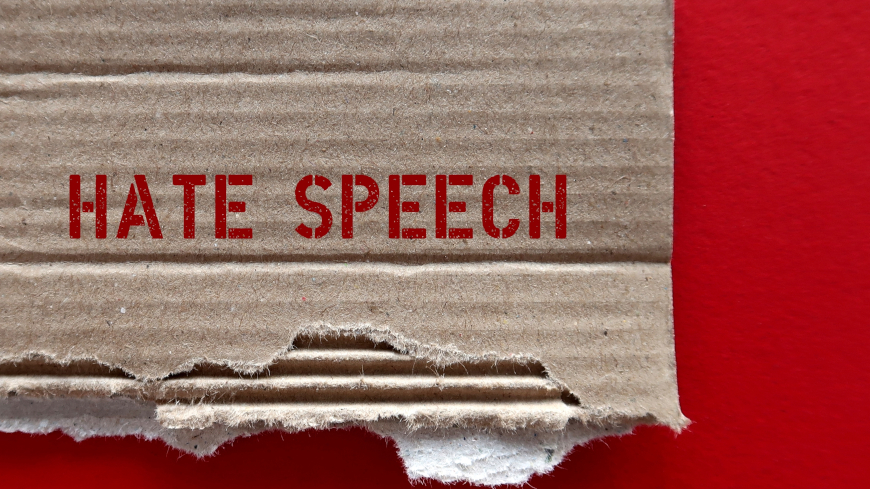An online round table, first from a series of events planned, brought together more than 40 representatives of state institutions, civil society organisations and networks in Ukraine. The participants discussed challenges in defining hate speech, possible actors that should be involved with the relating monitoring and entities that might coordinate the work on data collection.
Given the complexity of hate speech phenomenon, the round table provided the floor for a broad consultation with various stakeholders from Ukraine, to make initial steps to identify a common understanding of the subject and possible monitoring methodologies needed to cover different spheres.
The Council of Europe standards are used as guidelines and basis for all further activities in this field, including also the provisions of the European Convention of Human Rights, the relevant case-law of the European Court of Human Rights and also the recent Committee of Ministers Recommendation on Combating Hate Speech (CM/Rec(2022)16). The latter aims to encourage national authorities, civil society organisations, media and online platforms, as well as other relevant actors to co-operate on countering hate speech through a set of judicial and non-judicial measures and activities.
This event is part of the European Union and Council of Europe joint programme “Partnership for Good Governance”, co-funded by the European Union and the Council of Europe, and implemented by the Council of Europe, in the framework of the project “Combating hate speech in Ukraine”.





